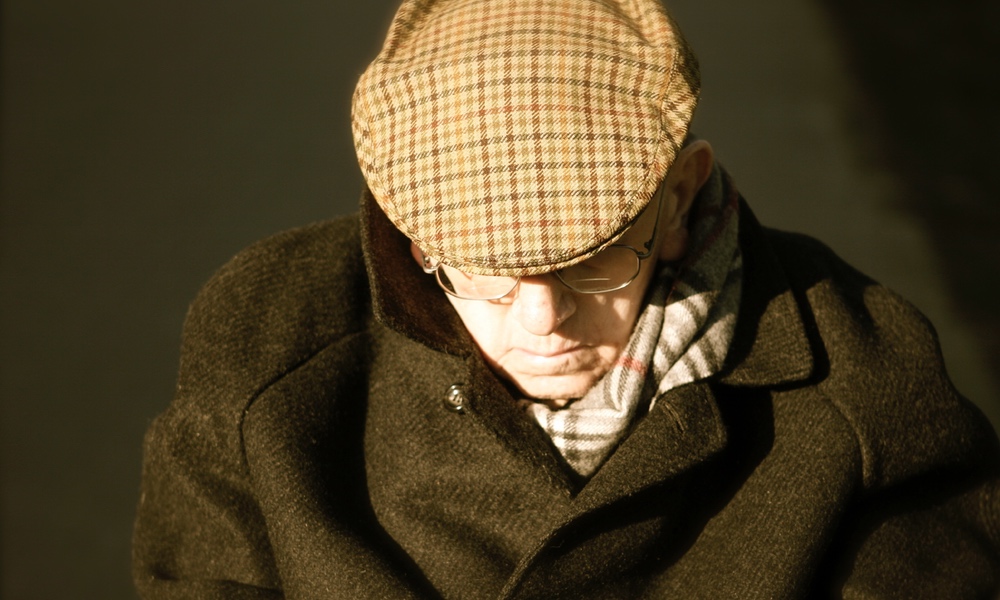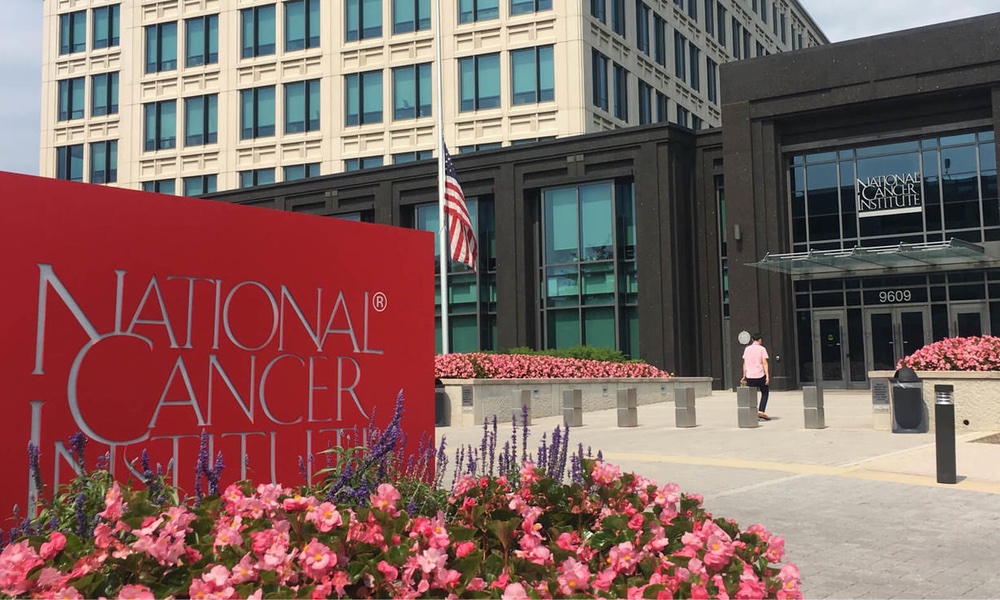The Food and Drug Administration (FDA) has approved esketamine, the most potent chemical form of the drug ketamine, for use in people with treatment-resistant depression. It will be administered as a nasal spray under close supervision.
Treatment-resistant depression describes any case of major depression that has not responded to a minimum of two different antidepressants during the current episode. The diagnosis means that a person's life is severely restricted as a result of the diagnosis
Ketamine must be taken in a clinic or doctor's office — the spray cannot be taken home. Patients are monitored for a minimum of two hours and should not drive or operate heavy machinery for the rest of the day.Ketamine was once popular as the club drug Special K and is still considered to have the potential for abuse.
The recommended course of the drug varies with a person's response to it during treatment. At a minimum, it is taken twice a week for four weeks, along with another antidepressant. Patients are then evaluated to determine the need for continued treatment. If needed, the drug is then given once a week for the next four weeks and then every two weeks afterward, if still needed.
It is not clear yet what role insurance will play in paying for treatment. The wholesale cost of a course of treatment with ketamine will likely be between $2,300 and $3,500.
There remains much that is not known about ketamine treatment of depression, including exactly how it works and how effective it is overall. What is known is that it does help some people whose depression has not yielded to other drugs and that it is much faster acting than other antidepressants, with relief sometimes coming in under a day instead of taking weeks or month.
Historically, the FDA has required that a drug show effectiveness in two short-term trials before it is approved. The agency loosened this requirement for esketamine, which was only effective in one short-term trial out of three and classed esketamine as a breakthrough therapy, granting it Fast Track status.





